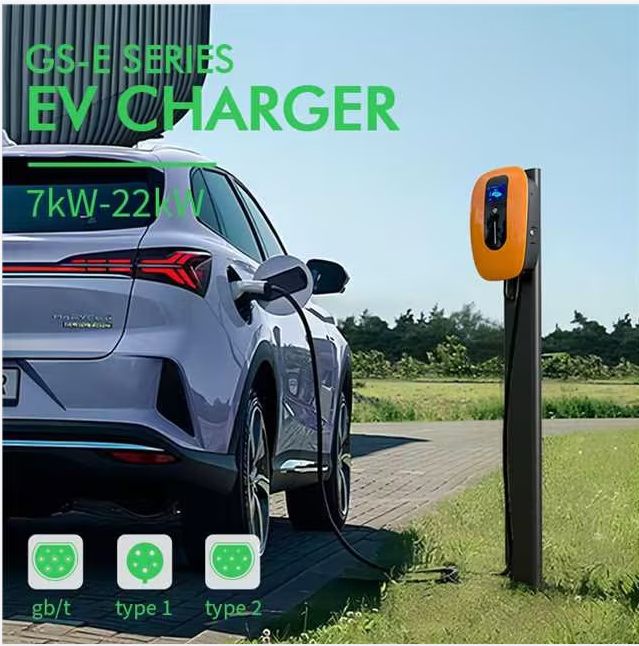If you’re new to electric vehicles, you might be wondering how much power it takes to charge an electric vehicle. When it comes to charging an electric vehicle, there are several factors that determine the amount of electricity (KWH) required to charge the battery.
These factors play a crucial role in the charging time and range of electric vehicles. In this blog post, we will discuss the main factors affecting EV charging requirements and how to optimize the charging experience
Factors that Affect Your EV’s Charging Needs
Battery Capacity
One of the most important factors affecting the kilowatt-hours required to charge an electric vehicle is the battery capacity. The larger the battery capacity, the more energy can be stored and the longer it takes to fully charge. This means that it takes more power to charge a car with a large battery capacity than a car with a small battery capacity. However, charging times vary depending on the type of charging station used and whether alternating current (AC) or direct current (DC) is used to charge an EV.
Charging Station Power Output
Charging station power output is another significant factor that determines the amount of kWh you need to charge your EV. Most EV charging stations today range from 3 to 7 kW. If you’re charging your EV with a 3 kW charging station, it will take longer to charge your car than with a 7 kW one. Higher-power charging stations can deliver more kWh into your battery in less time, thereby reducing charging times and allowing you to drive more miles on a single charge.
Charging Speed
The charging speed is also a crucial factor that affects the amount of kWh you need to charge your electric car. Charging speed is measured in kW per hour. In simple terms, the faster the charging speed, the more kWh of electricity will be flowing into the battery in a given amount of time. So, if you’re using a 50 kW charging station, it will deliver more kWh of energy in one hour than a 30 kW one. Moreover, certain EV models have different charging capacities. Therefore, it’s essential to understand your EV’s charging speed and charging capacity.
Eunice
Sichuan Green Science & Technology Ltd., Co.
0086 19158819831
Post time: Feb-18-2024





